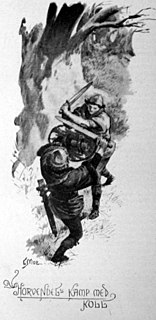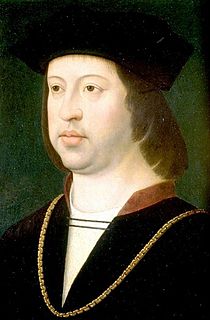 W
WAurvandill is a figure in Germanic mythology. In Norse mythology, the god Thor tosses Aurvandill's toe – which had frozen while the thunder-god was carrying him in a basket across the Élivágar rivers – into the sky to form a star called Aurvandils-tá. In wider medieval Germanic-speaking cultures, he was known as Ēarendel in Old English, Aurendil in Old High German, Auriwandalo in Lombardic, and possibly auzandil in Gothic. An Old Danish Latinized version, Horwendillus (Ørvendil), is also the name given to the father of Amlethus (Amleth) in Saxo Grammaticus' Gesta Danorum. Comparative studies of the various myths where the figure is involved have led scholars to reconstruct a Common Germanic figure named *Auza-wandilaz, which seems to have personified the 'rising light' of the morning, possibly the Morning Star (Venus). However, the German and Old Danish evidence remain difficult to interpret in this model.
 W
WBrunhild, also known as Brunhilda or Brynhild, is a female character from Germanic heroic legend. She may have her origins in the Visigothic princess Brunhilda of Austrasia.
 W
WEgil is a legendary hero of the Völundarkviða and the Thidreks saga. The name is from Proto-Germanic *Agilaz and the same legend is reflected in Old English Ægil [ˈæɡil] of the Franks Casket and Alamannic Aigil of the Pforzen buckle.
 W
WFerdinand is a Germanic name composed of the elements frith "protection", frið "peace" or alternatively farð "journey, travel", Proto-Germanic *farthi, abstract noun from root *far- "to fare, travel", and nanth "courage" or nand "ready, prepared" related to Old High German nendan "to risk, venture."
 W
WHaguna or Hagana is a historical Germanic name. It is attested in the form Hagano in Old High German and as Haguna and Hagena in Old English. Old West Norse has Hǫgni, presumably loaned from the character in German legend. Old Danish has Haghni and Hoghni; Old Swedish Haghne and Høghne.
 W
WIn Norse mythology Herja is a valkyrie attested in the longer of the two Nafnaþulur lists found in the Prose Edda.
 W
WThe first or given name Richard originates, via Old French, from Old Frankish and is a compound of the words descending from Proto-Germanic *rīk- 'ruler, leader, king' and *hardu- 'strong, brave, hardy', and it therefore means 'strong in rule'. Nicknames include "Richie", "Dick", "Dickon", "Dickie", "Rich", "Rick", "Rico", "Ricky", and more.
 W
WThe name Robert is an ancient Germanic given name, from Proto-Germanic *Hrōþi- "fame" and *berhta- "bright" (Hrōþiberhtaz). Compare Old Dutch Robrecht and Old High German Hrodebert. It is the second most frequently used given name of ancient Germanic origin. It is also in use as a surname. Another commonly used form of the name is Rupert.
 W
WWalter or Walther is a German masculine given name derived from Old High German Walthari, composed of the elements walt- "power", "brightness", "forest" and hari "warrior".